Prominent Egyptian dissident launches hunger strike in prison
Prominent Egyptian activist and a key figure in the country's 2011 revolution, Alaa Abdel Fattah, began a hunger strike in prison at the start of the holy month of Ramadan, his family said Monday.
Sentenced to five years in prison by an emergency court in December on the charges of "broadcasting false news", Fattah has been refusing food since Saturday, according to his sister Mona Seif.
“I just finished Alaa's visit. It was a heavy visit," Seif said in a tweet on Monday.
“Alaa showed up today with his head shaven and I knew he was on an open hunger strike since the first day of Ramadan. He returned the food and only took medication, tea, and personal hygiene products," she added.
لسة مخلصة زيارة علاء .. كانت زيارة ثقيلة، بس فوقتني من حالة التنحة وفكرتني أصل الموضوع وليه علاء اصلا محبوس
— Mona Seif (@Monasosh) April 4, 2022
علاء طلع النهاردة حالق شعره تماما وعرفت انه مضرب اضراب مفتوح عن الطعام من أول يوم رمضان
بالتالي رفض يستلم الاكل، ودخلتله بس الادوية وحاجة النظافة والشاي
In a separate tweet, she said her brother had "returned all food" and "only took medication, tea and personal hygiene products."
“I'll take a moment to process, then we'll share in more detail his updates,” she wrote.
Today was @alaa's visit, he told me he is on hunger strike since 1st day of Ramadan, Saturday, and returned all food we brought him. Only took medication, tea and personal hygiene products
— Mona Seif (@Monasosh) April 4, 2022
I'll take a moment to process, then we'll share in more detail his updates#FreeAlaa
His family told the media that Fattah was refusing to eat because his prison conditions were bad. They said he was not even allowed exercise and that the person was known for “not respecting any laws."
Fattah is a left-wing blogger, software developer, and icon of the 2011 Egyptian revolution. He has served many jail terms over the past 10 years for participation in anti-government protests.
The verdict against him and two of his companions and co-defendants, human rights lawyer Mohamed el-Baqer and blogger Mohamed Ibrahim, has been widely condemned by human rights watchdogs.
They were arrested in September 2019 and held in pre-trial detention for more than two years. While his friends were sentenced to four years each, he was given a five-year jail term.
In September last year, two months before the verdict came, Fattah's lawyer warned of the deteriorating mental health of the jailed activist, saying he was seriously considering suicide.
“I am in a dreadful situation. I can’t carry on. Take me out of this prison. I will commit suicide," he said, as quoted by his lawyer Khaled Ali.
“Since 2011, I have not spent even one year out of prison. If the aim is to kill me, then let me just kill myself," he told Ali.
Before his 2019 arrest, Abdel Fattah was sentenced to five years in prison on charges of protesting without permission against the 2013 military coup led by the general-turned-president, Abdel Fattah al-Sisi.
The political activist was granted conditional release in March 2019, only to be arrested again in September.
Sisi has faced international criticism for cracking down on civil society groups following the army’s overthrow of then-President Mohamed Morsi, the country’s first democratically-elected president.
Thousands of supporters of Morsi, as well as activists like Fattah, have been detained since the coup, with many of them dying in custody due to inhumane prison conditions and medical neglect.
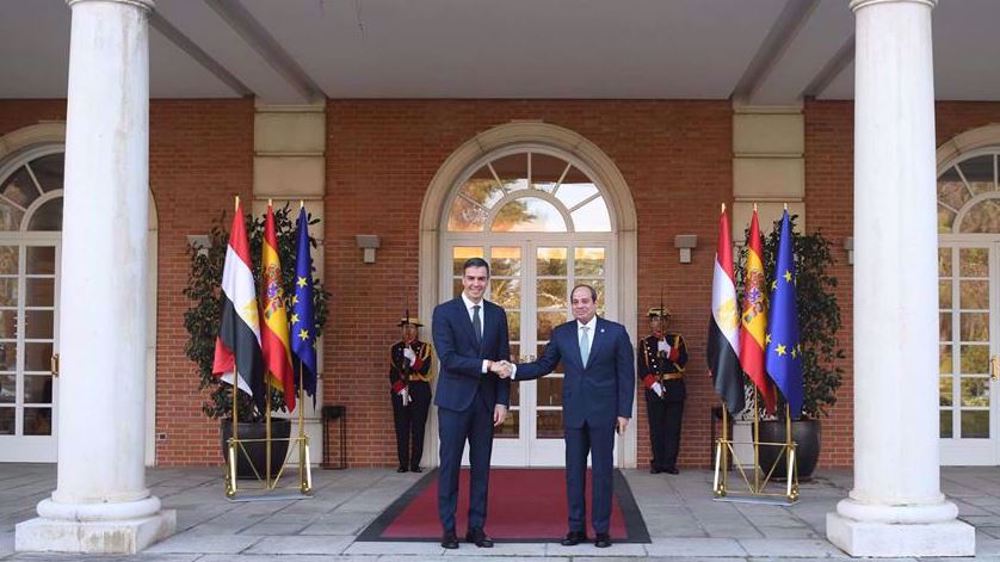
Egypt, Spain reaffirm opposition to US plan to displace Palestinians
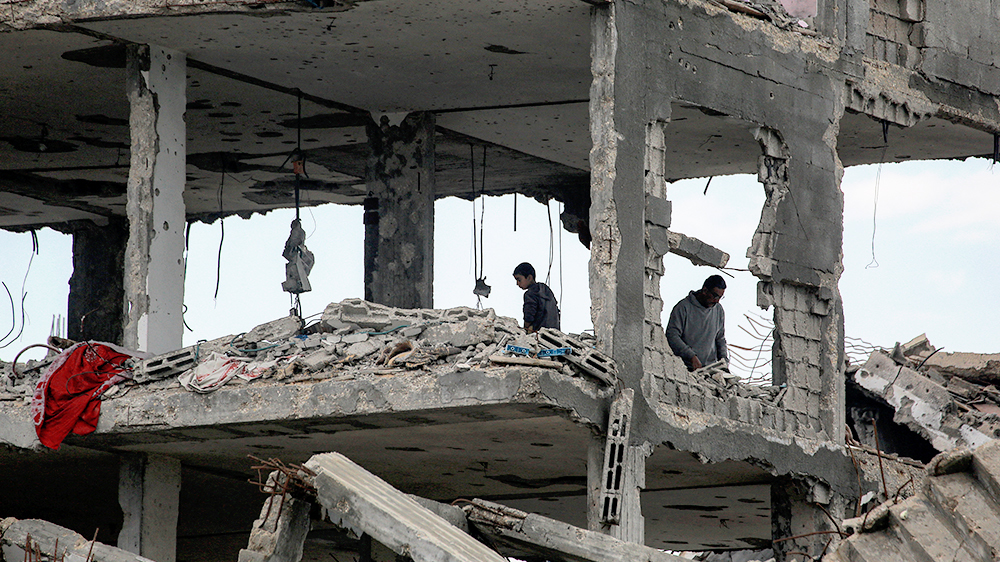
Egypt’s Sisi: Gaza must be rebuilt without ‘displacing Palestinians’
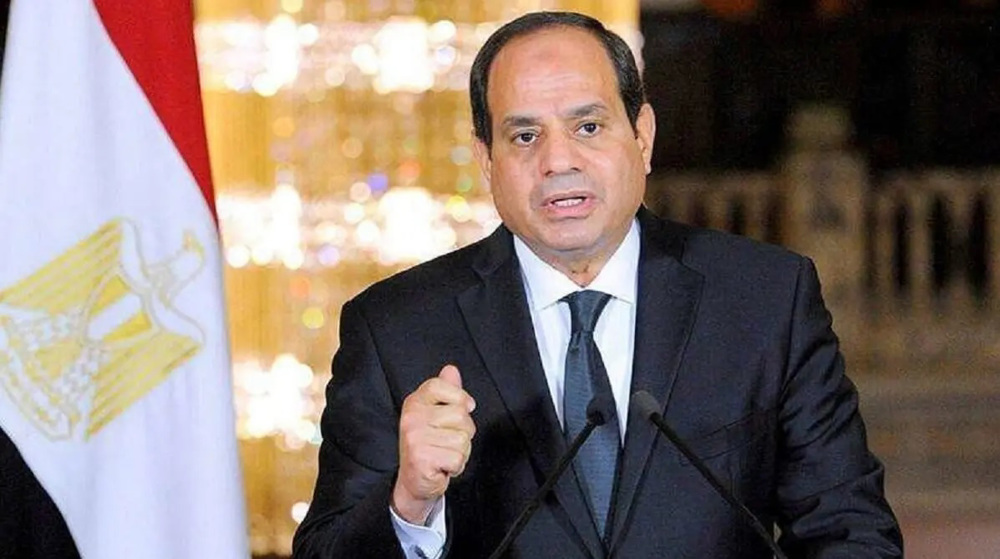
Tension erupts between Egypt, US after Trump’s threat; Sisi ‘may postpone’ Washington visit
Hezbollah's display of power proved resistance cannot be eliminated: Iran parl. speaker
Israel escalates West Bank raids as official says regime seeking to complete Gaza genocide
Australian senator smeared by anti-Iran groups for saying Iranian women 'have a voice'
Palestinian man dies in Israeli prison as Foreign Ministry urges intl. probe into regime’s crimes
Putin says not opposed to Europeans’ involvement in Ukraine talks
VIDEO | Iranian Kurdish protesters demand European action against PKK, PJAK terror
VIDEO | Israel expands offensive in northern West Bank, deploys tanks to Jenin
VIDEO | Spaniards fill streets of Cádiz in solidarity with Palestine


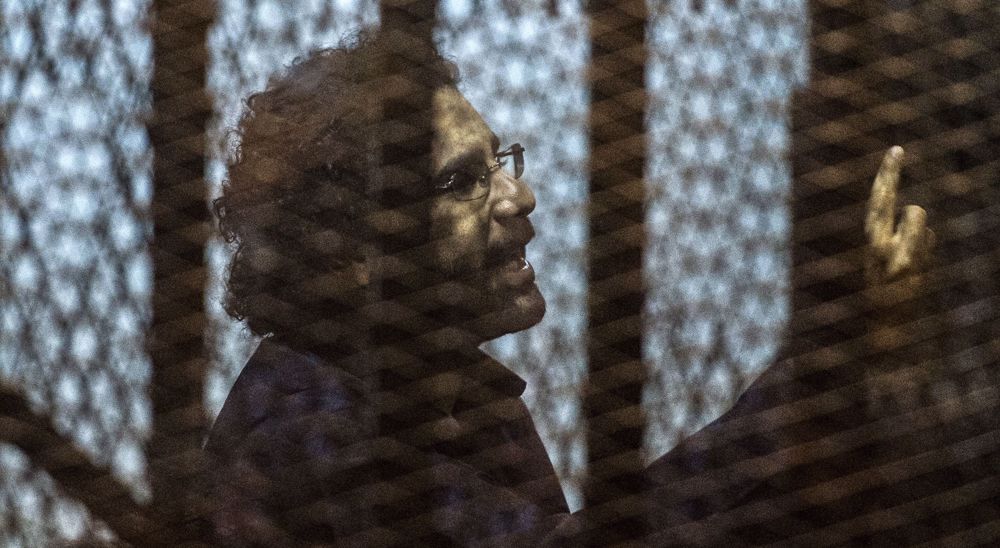
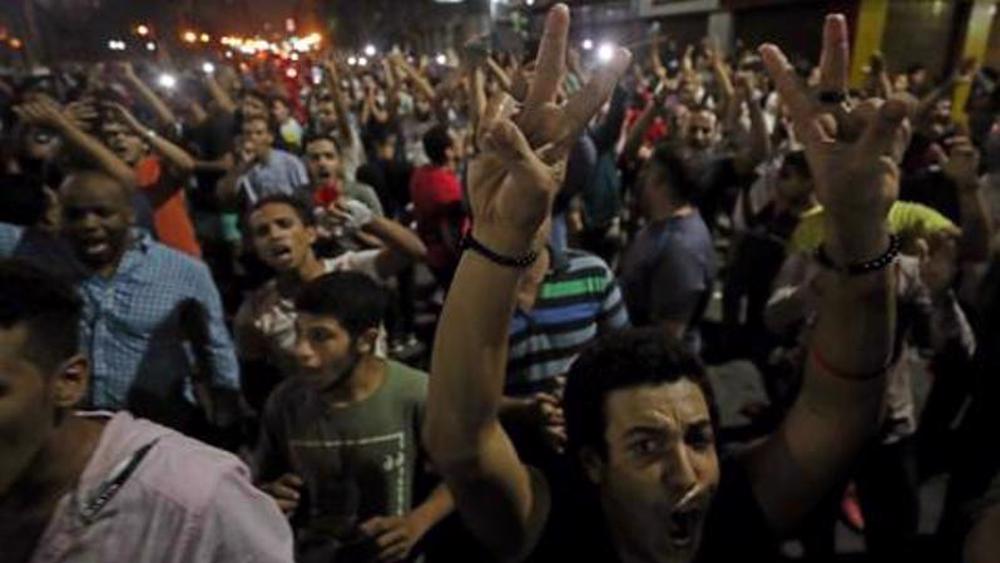



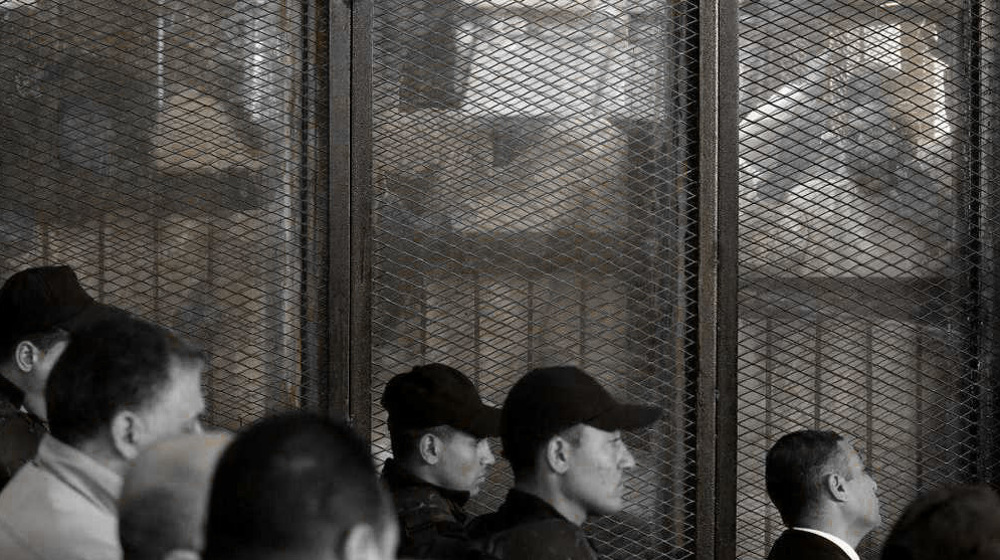

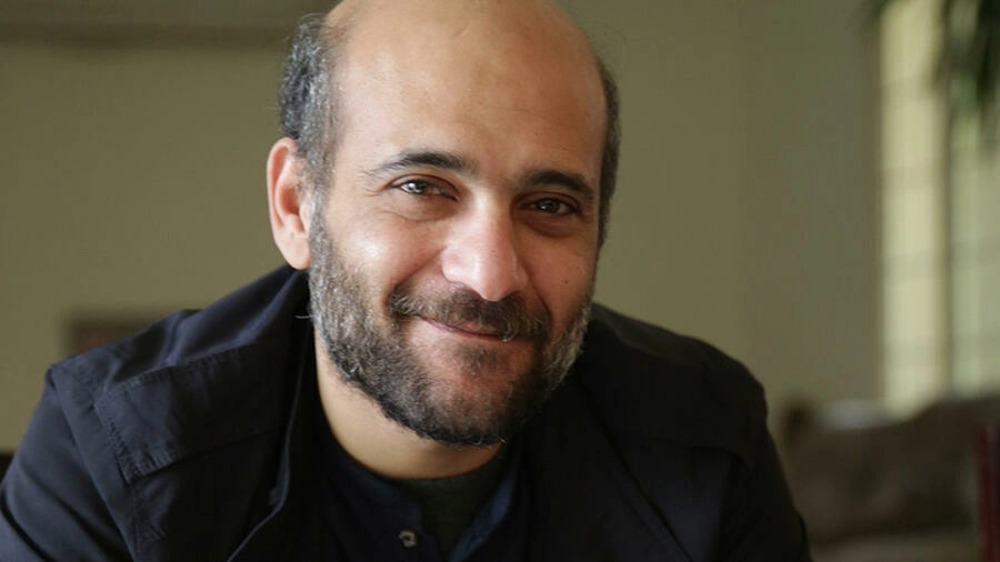

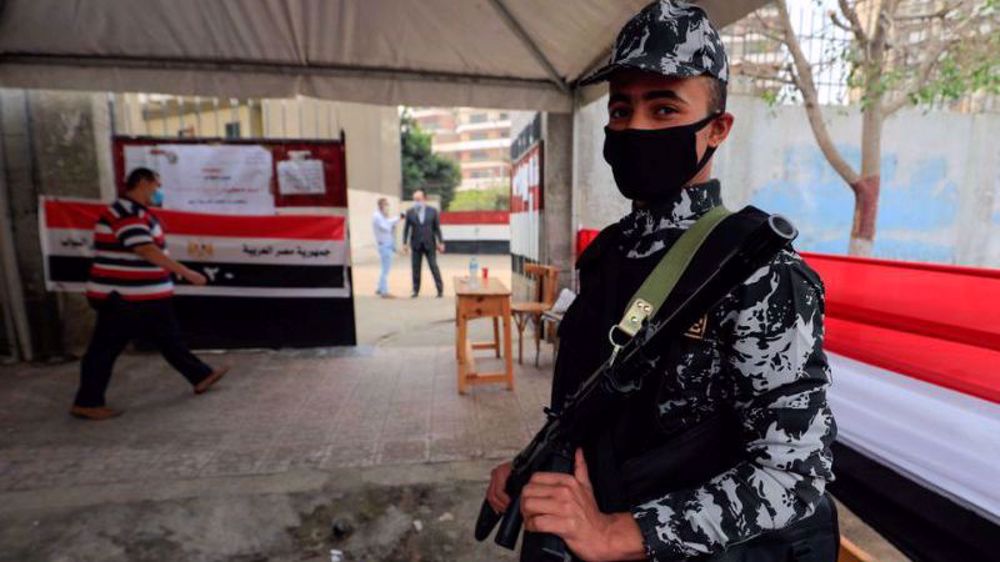

 This makes it easy to access the Press TV website
This makes it easy to access the Press TV website